“It’s not rocket science,” says Jonathan Wilson, inventor of a revolutionary exhaust treatment, ACCT, that has burst onto the automotive scene promising a whole new lease of NOx-free life for modern diesel engines.
As it happens, rocket science (in the form of a ballistics laboratory) is located right next door to the crowded Loughborough University basement, buried in the bowels of the Wolfson School of Mechanical, Electrical and Manufacturing Engineering, where Wilson and his collaborator, Professor Graham Hargrave, are working at top speed to ensure that ACCT can graduate quickly to large-scale production.
So promising is the discovery that Autocar’s editors have decided to award it one of our premier accolades for 2018, the Sturmey Award, named after the magazine’s own innovator-in-chief and founding editor, Henry Sturmey, who created the magazine within a couple of days of having the idea back in 1895.
Autocar Awards 2018: the winners
Autocar Awards 2018: Akio Toyoda wins Issigonis Trophy
Since we first discussed ACCT a couple of months ago, revealing its profound ability to reduce NOx in diesel exhausts to negligible levels in even the most difficult conditions, interest from potential developers and users has crescendoed. Car and truck makers, big component suppliers, fleet operators and civic transport authorities have been in touch with Wilson and Hargrave from locations across the globe. They have already been visited by numerous corporate and government bigwigs, and are still struggling to cope with the demands on their time.
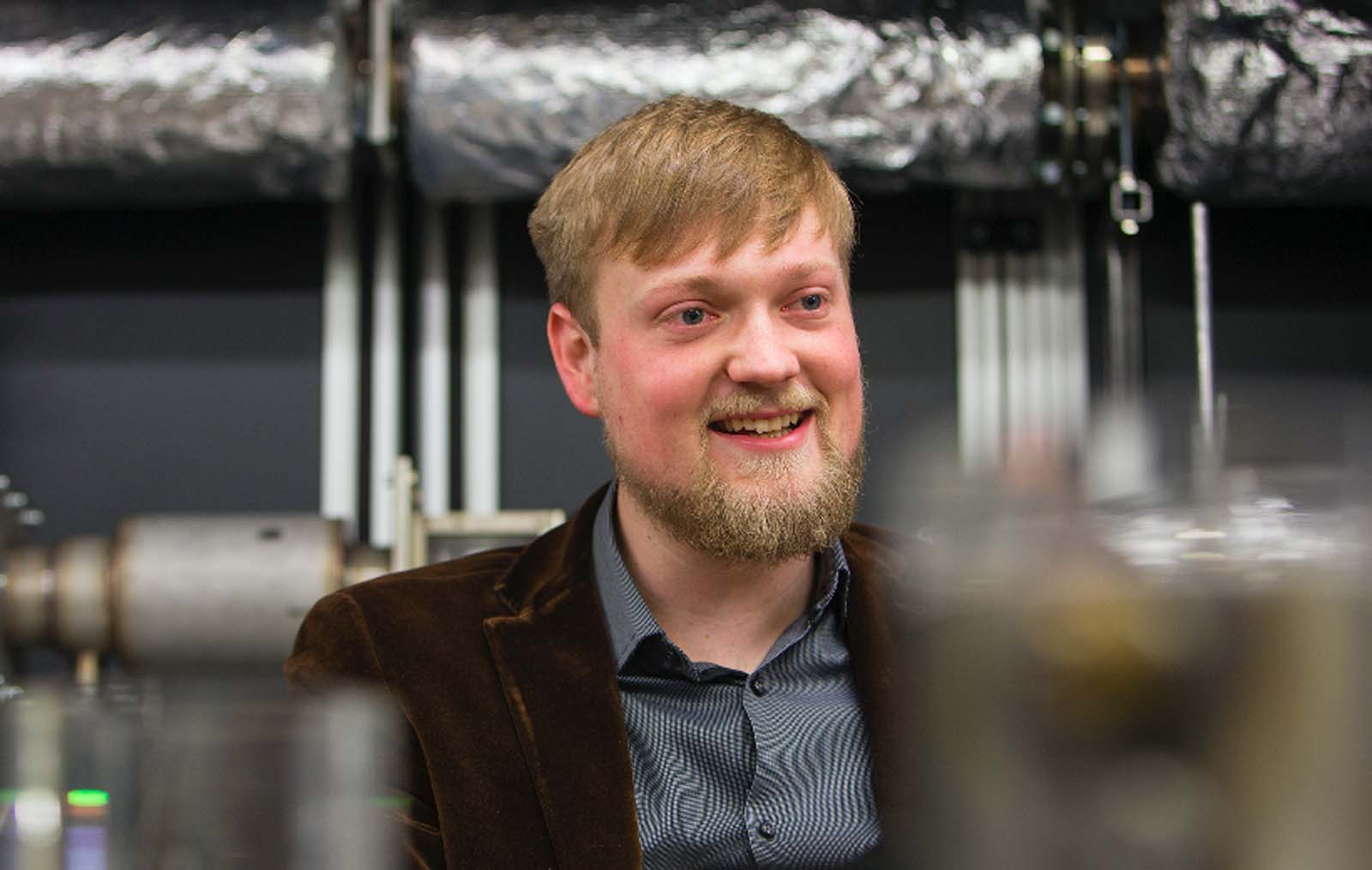
By now, the more tech-savvy of ACCT’s potential clients have grasped its essential simplicity — the fact that it easily converts common-or-garden AdBlue into a much more effective after-treatment. They’re wondering how they missed it and why it took a pair of inspired UK academics to discover such a vital process under the very noses of much bigger and better-financed industry research departments. Latest results indicate that, with ACCT fitted, an exhaust system goes on eliminating 99% of NOx even in conditions that defeat conventional SCR catalysts, namely in cool-exhaust conditions when engine loads are light, especially during periods of stop-start running.
The interest in ACCT has been so great that on the first day we published Hargrave’s and Wilson’s story online, it was read by 80,000 people – and a similar number the following day. Many more have read it since. Having waded through the responses to despatch the more frivolous ones, the inventors still have more than 100 serious approaches to cope with. It’s a nice problem to have, but a difficult one. “We’re trying to decide who’s likely to disseminate the technology most quickly and widely, says Hargrave. “The university’s IP specialists are working hard on it, but I wouldn’t pretend it’s easy.”

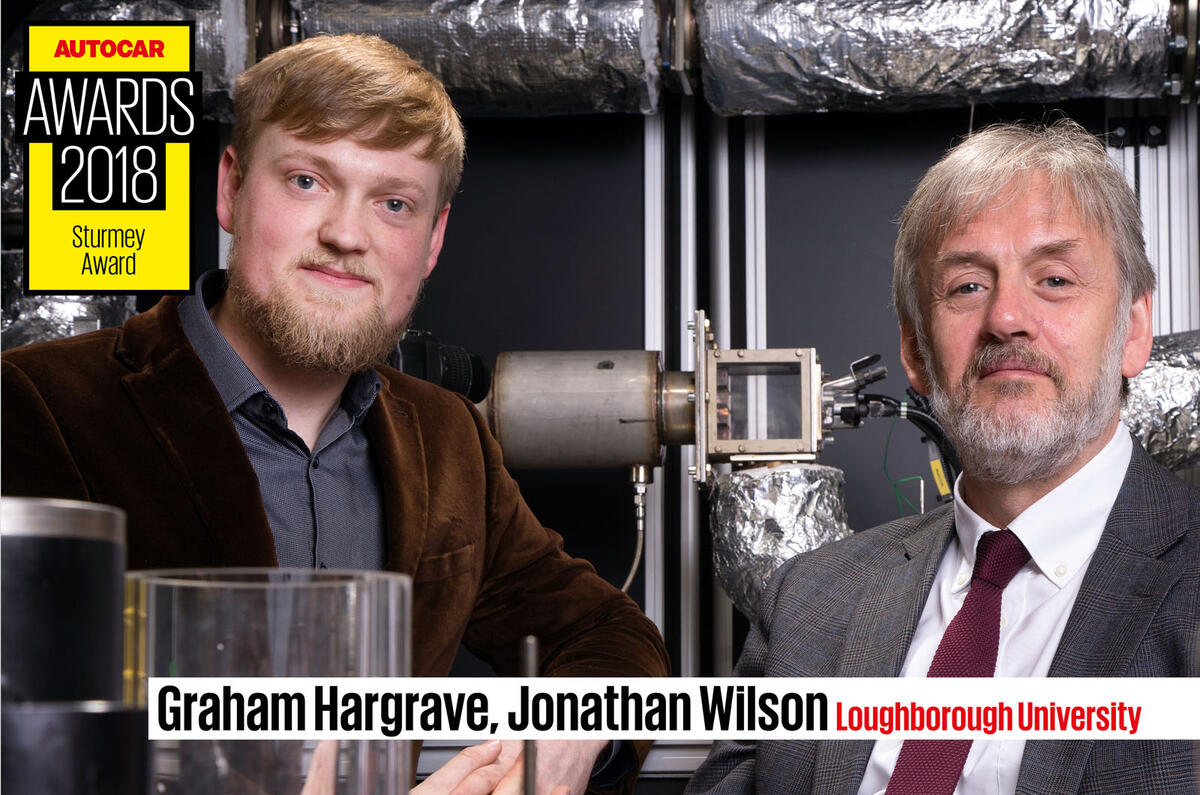

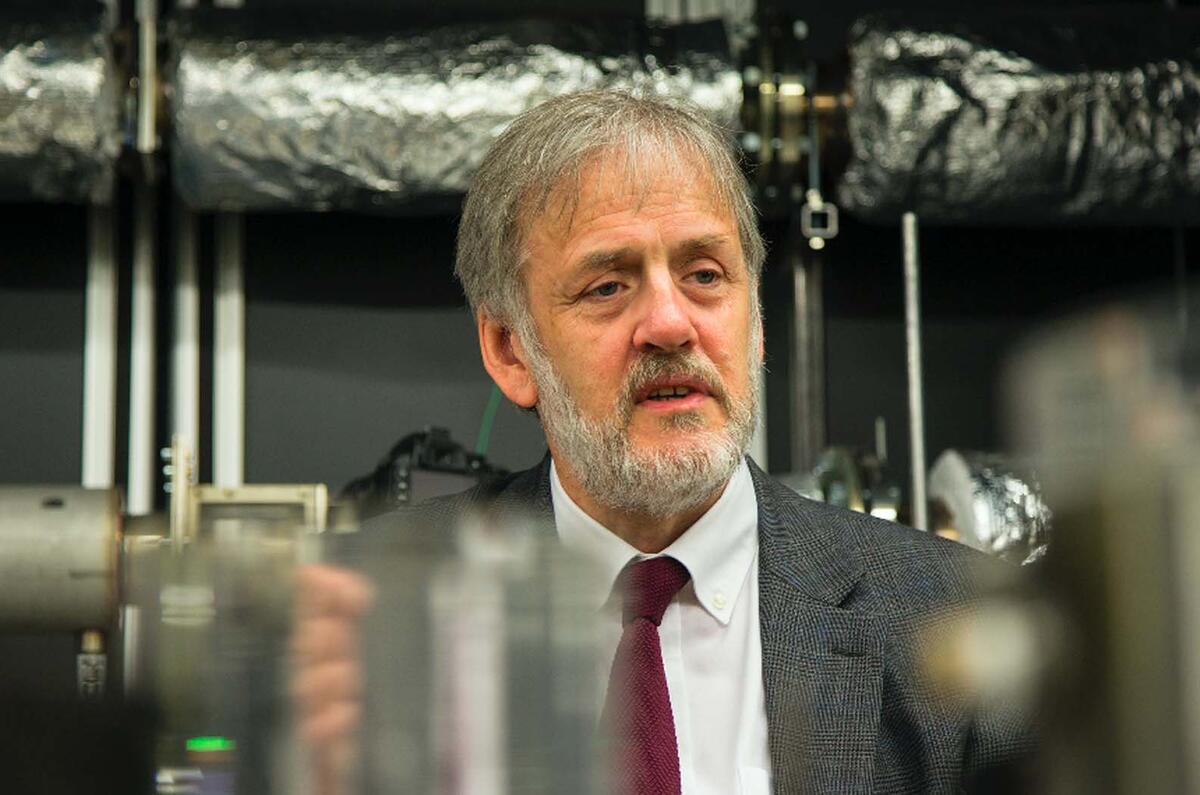
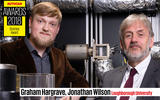

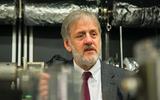

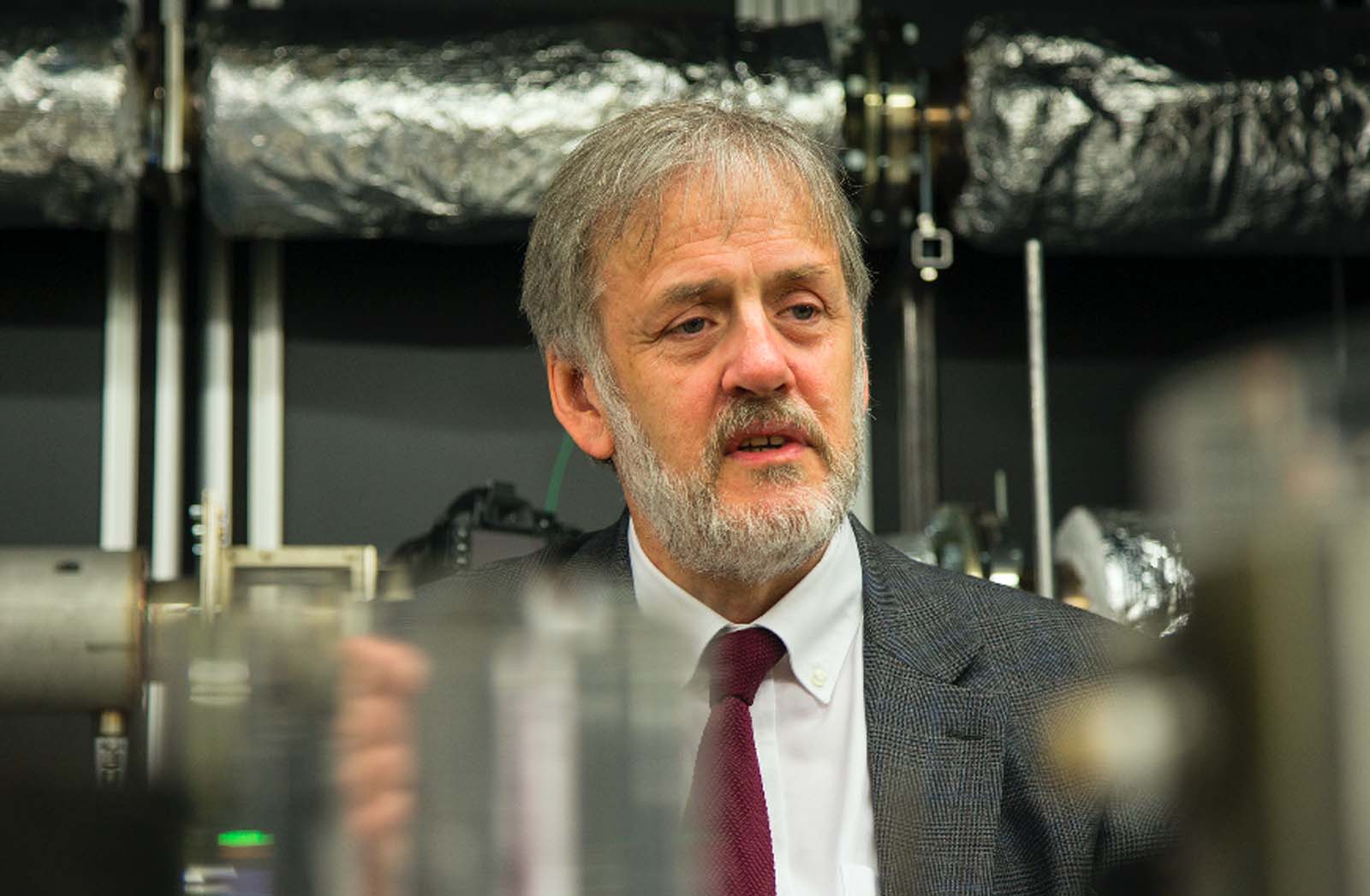





Join the debate
Add your comment
Good article
Good article
Diesel not dead?
It's always amusing to read the comments of those feverishly jumping on the "diesel is the root of all evil" bandwagon. Somebody comes up with something that may reduce emissions substantially and they immediately decry it as being contrary to their newly discovered hatred of all things compression ignition. I wonder what they want?
Time will tell which one of
Time will tell which one of us is correct. Diesel is dying a death even faster than I thought it would. I don't know why you deny it.
Just let diesel die for petes sake
This all should have been implemented and researched before they decided to call time on petrol and release all this NOX into the public domain/lungs. The manufacturers only took the pi** with diesel and gave us all those ridiculous two tonne pedestrian killing SUVS, glad to see the back of diesel. Noisy rattly crap engine to be kept away from joe public forever. I know i'll get the skinflint that reckons they need to drive all over the place and blah blah blah diesel is the only way....